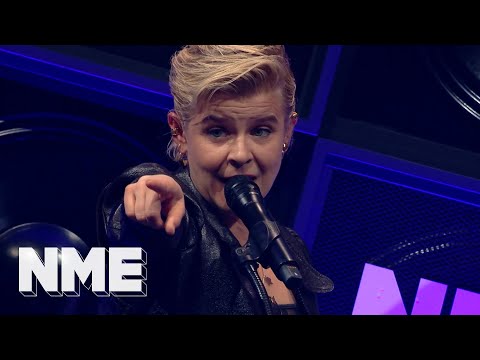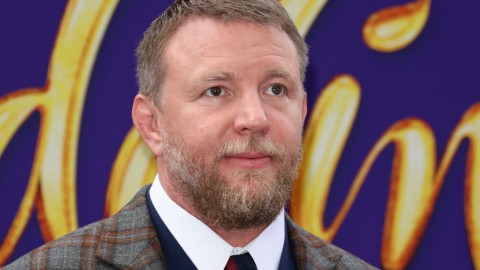
Hollywood’s reaction to finally being held accountable for institutionalised sexism has been predictable and problematic. Progress on the biggest titles is particularly slow – and those blockbuster filmmakers who are inclined to promote gender equality have done so via shoehorned scenes with clumsy messaging: see the revival of Bo Peep for Toy Story 4 (ditching her petticoat for pants) or the MCU‘s girl power fight scene in Avengers: Endgame. Add to that a type of corporate feminism which has weighed down films like Captain Marvel and Wonder Woman, reducing each character to a flawless hero, and the future looks bleak.
But one buzzy series is defying the trend. WandaVision, Disney+’s debut Marvel series, has built a massive following amid rave reviews. At first glance a gimmick-filled pantomime about sitcoms, this early small screen venture is actually a cleverly written, female-ensemble mystery show. What’s more, its title character is flawed to the point of mania without being villainised.

As you’d expect, the series exists within Marvel’s universe, mines its now cavernous well of new and existing characters, and uses its legacy to build the show’s premise. In the aftermath of Avengers: Endgame, Wanda Maximoff aka Scarlet Witch (Elizabeth Olsen) is grieving for both her brother and synthezoid boyfriend Vision. Her pain has materialised in the form of a hex-shaped bubble that’s engulfed and brainwashed the residents of Westview, a small town in suburban America. Eventually, we learn that she’s subconsciously used her telekinetic powers to resurrect Vision (Paul Bettany) and live out her familial fantasies through the prism of a series of classic sitcoms. As quirky as that format sounds, creator and head writer Jac Schaeffer has taken care to place Wanda’s trauma at the heart of the show.
“There are a lot of really terrific comics and stories about Wanda, but I do think she is often used as a tool,” Schaeffer recently told io9. “Diving into what’s really happening inside of her was a real challenge because of the thinness of her characterisation in so many storylines.”

In Schaeffer’s adaptation, Wanda seems permanently on the edge of breakdown and reacts violently to those standing in her way (what did happen to the beekeeper who infiltrated Westview?) But when the director of alien intelligence agency S.W.O.R.D, Tyler Hayward, calls her a terrorist, the label doesn’t quite fit. Unlike other unravelling female leads (Daenerys in Game of Thrones springs to mind), Wanda is still shown with agency and empathy.
As WandaVision‘s male characters exist mainly on the sidelines – even Vision has little to do other than follow Wanda’s lead – the four female co-stars are allowed to take centre-stage. Kathryn Hahn is delightfully polished as elusive neighbour and surprise Internet meme queen Agnes, and Emma Caulfield Ford equally compelling as local queen bee Dottie. In the real world, rogue agents Monica Rambeau (Teyonah Parris) and Darcy (Kat Dennings) get to run circles around the men of S.W.O.R.D., their authority and skill acknowledged but never made a fuss over. No great effort is made to prove ‘girls can do it too’ – and WandaVision avoids the heavy-handed approach of its predecessors.

Other big studios appear to have caught on, and a slew of new female-centric blockbusters projects are in various stages of development. Black Widow – also written by Schaeffer – is still scheduled for release later this year. Candyman director Nia DaCosta is helming Captain Marvel 2, Ms. Marvel and She Hulk will be heading to the small screen in WandaVision’s wake. Even Taika Waititi’s next instalment of Thor is reportedly putting Natalie Portman’s Jane Foster in the spotlight.
With its robust, normalised group of women at its core, WandaVision has proved the MCU and Hollywood at large can get female action heroes right. It pushes beyond box ticking and forced feminism without most people even noticing. Let’s hope it’s a sign of what’s to come.
The post ‘WandaVision’ doesn’t need forced feminism to be powerful appeared first on NME | Music, Film, TV, Gaming & Pop Culture News.







